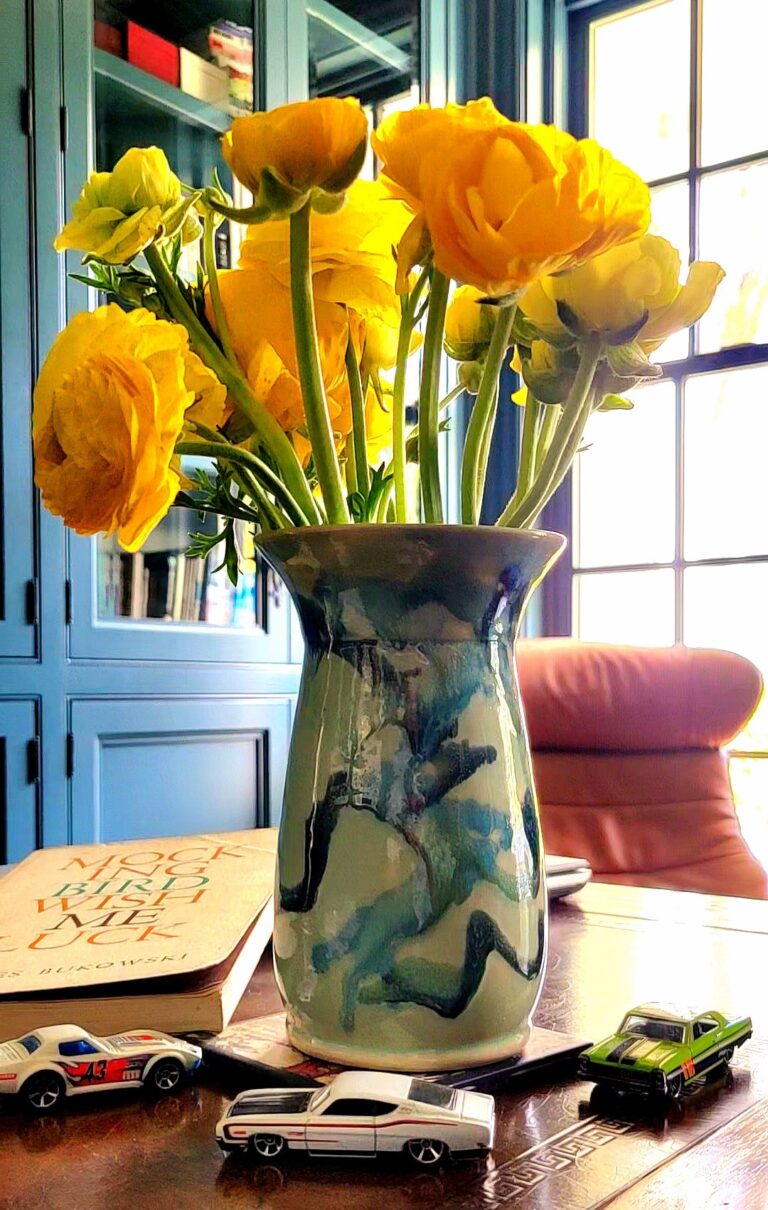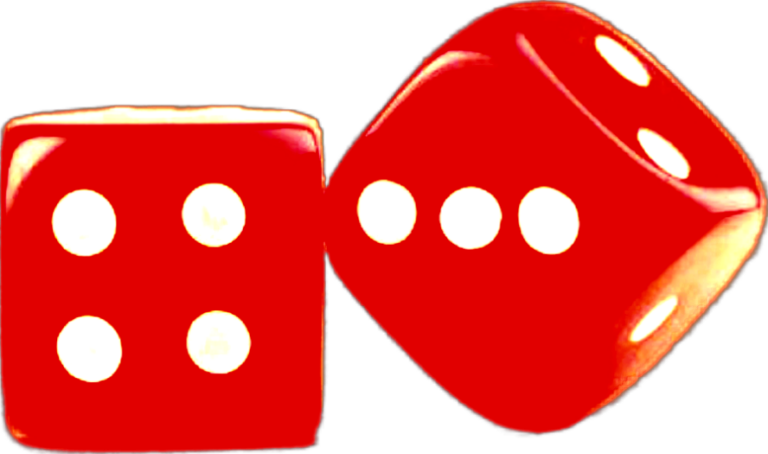From the Files of Burning Dad: Bukowski, My Found Candy Bar
The face was that of a sad man who had endured pain but had happily survived it. It had made...

In 1983 I was a groggy nineteen year old English Lit major at UCLA. Most of the time, I was either high on weed or coming down from being high on weed. I was trying to be a writer. They had us studying Beowulf, the Faerie Queen, Sir Gawain and all of Shakespeare’s Henry’s. So many Henry’s. I was lost, in a fog. It had taken a lot of effort for me as a kid just figuring out English. I had pieced it together on school playgrounds, trash talking my way in and out of trouble; on AM Radio, listening to Vin Scully weave eloquent tales of Dodger baseball on dark summer nights; on TV, watching Fred Sanford and Archie Bunker and Barney Fife. By the time I started university, I thought I had conquered the language. But nothing I’d read or heard to that point had prepared me for the works of Chaucer, Swift or Milton. Their hazy words were hard to read, harder to understand and impossible for an aspiring writer to emulate. It all made me sleepy. But the personal histories of those writers were interesting, easier to read, even inspirational. Christopher “Kit” Marlowe, stabbed in a barroom brawl. Mary Shelly, gallivanting around Europe with a married man, pregnant and broke. And so many, from John Donne to William Blake, the original self-publishers, toiling in anonymity, living sweaty workaday lives never knowing if they would leave their mark on the literary world. I could read and understand the personal stories of those writers, even if their actual works kept me in the fog.
I was a “stackie” at the UCLA library, clocking fifteen hours a week carting books back to their designated places on rows and rows of dusty shelves. Plenty of those hot and stifled afternoons were spent napping in the geography or philosophy sections. The third time I got busted for it, they put me at the check-in desk on the first floor to make sure I stayed awake. It was on one of those afternoons, while checking in books of various size and weight, that I discovered the book that would change my life: the black and white cover photo was of a big blurry pockmarked face with a dark leaning brow and heavy turnip-shaped nose. At the bottom, below the dark grooves of a beat-up chin, in white block lettering was the title: “Erections, Ejaculations, Exhibitions and General Tales of Ordinary Madness.” At the top, above his forehead in large all cap white blocks, a single word: “BUKOWSKI.” The face was that of a sad man who had endured pain but had happily survived it. It had made him at once tough and humble. Blurry, yes. Pockmarked, true. But sturdy and solid with a smirk that bordered on a sneer that seemed to say “you never got me!”
I turned to Page 1 to a story called ‘The Most Beautiful Woman in Town.’ It opened with plain straightforward words that moved at a clean, brisk pace: “Cass was the youngest and most beautiful of 5 sisters. Cass was the most beautiful girl in town. ½ Indian with a supple and strange body, a snake-like and fiery body with the eyes to go with it. Cass was fluid moving fire.”
The fog had been lifted.
After I clocked out I spent the rest of the week blowing off William Congreve and instead reading each story in that book as slowly as I could to savor each sentence and make sure the book lasted as long as possible, like Charlie Bucket with his birthday chocolate bar. I didn’t want it, or Bukowski, to finish because I didn’t know where I would find the next great sentences. I had found a writer who spoke my language. Good words. Simple words which managed to capture the complex and sometimes conflicting sensations and emotions I had been feeling but had never seen expressed anywhere else. Words that gave me permission to write what I want and how I want, without shame or fear, without having to use words like “henceforth” or phrases like “impudent tarpaulin,” without having to find clever rhymes like “intellectual/henpecked you all.” I had found my mentor whose words were as interesting and enthralling as his personal history.
I took the book home with me and it has never been more than several feet away from my reach in the 37 years since. From Venice beach to North Beach to the Central West End to the lower Garden District and back to Studio City, the book goes where I go even as its edges go yellow and its binder breaks and pages get loose. Over the course of the 80s and 90s I bought all of Bukowski’s books from City Lights and Black Sparrow, and like Charlie Bucket who greedily chomped on clumps of rich sweet chocolate when he found money in the gutter, I devoured them day in and day out even after I discovered and started on a steady diet of Sherwood Anderson, Celine, Marguerite Duras, John Fante, Henry Miller, Flannery O’Connor, the Russians and, yeah Shakespeare’s wonderful Henry’s too. But I still haven’t finished the stories in that first Bukowski book. I’m still savoring that one.



